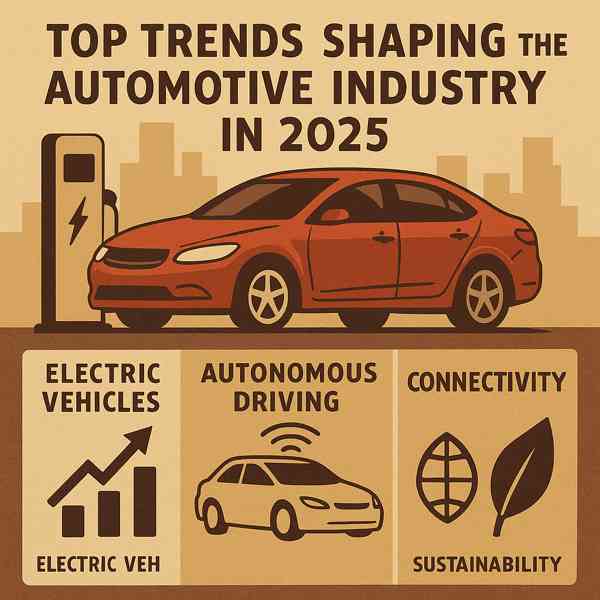What Are Electric Vehicles?

With zero emissions and cutting-edge technology, EVs are quickly becoming a future standard for personal and commercial travel.
From compact cars and SUVs to trucks and motorcycles, EVs are available in more models than ever.
The Basics of Electric Vehicles
Unlike gasoline-powered cars, EVs produce no exhaust pollution.
What powers EVs:
- Replaces the internal combustion engine
- Usually lithium-ion or solid-state
- Controls efficiency and output
- Charging system
Electric vehicles come in various types, such as battery electric vehicles (BEVs)—each with different levels of electrification.
Benefits of Electric Vehicles
The rise of electric vehicles is fueled by their clear advantages.
Why EVs are gaining popularity:
- Electricity is cheaper than gas
- No tailpipe emissions
- Better overall driving comfort
- Rebates and subsidies in many regions
For eco-conscious and cost-aware drivers, electric vehicles are an increasingly forward-thinking choice.
What to Know Before Buying an EV
Despite the growing popularity of EVs, they still face some issues that buyers should consider.
EV challenges to consider:
- Shorter range compared to gas vehicles
- Not all areas have adequate public chargers
- More expensive upfront than comparable gas models
- Battery lifespan and replacement
As technology advances and infrastructure improves, many of these challenges are becoming less significant.
Different Kinds of EVs on the Market
EVs vary by power source, range, and usage.
EV formats explained:
- Fully electric with no gas engine
- Plug-in Hybrid Electric Vehicles (PHEVs)
- Hybrid Electric Vehicles (HEVs)
- Use hydrogen to generate electricity
Each type has its pros and cons, so buyers should understand the differences.
EV Charging and Infrastructure
Charging an electric vehicle is part of everyday ownership once you understand your options.
How EVs get recharged:
- Standard household outlet
- Faster and ideal for daily use
- Rapid chargers at commercial locations
- Still in development or premium models
As public charging networks expand, EV owners will enjoy even more support and reliability.
The Future of Electric Vehicles
Electric vehicles are here to stay.
Where EVs are going:
- Higher energy density and faster charging
- Using EVs to support the power grid
- Autonomous electric vehicles
- More choices at lower prices
As innovation continues, EVs will become check here more efficient, affordable, and widespread.
The Road Ahead for EVs
With growing demand and continuous improvement, EVs are becoming a smart option for more drivers every day.
The future is electric—are you ready to plug in?